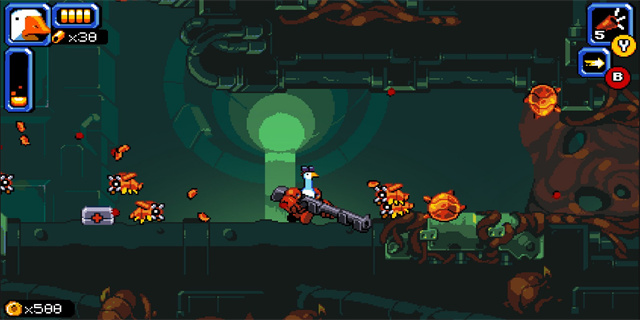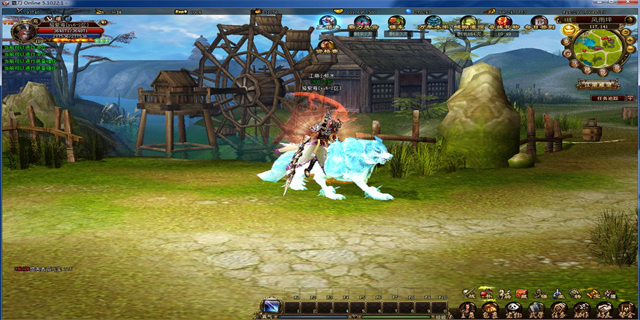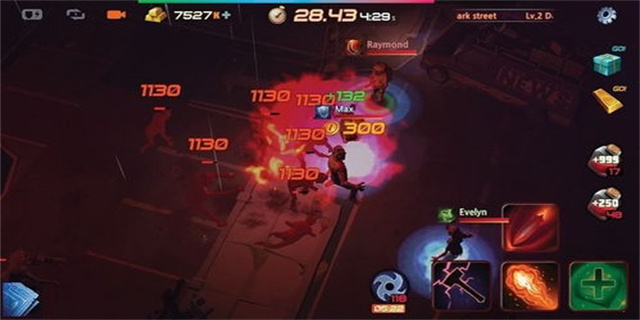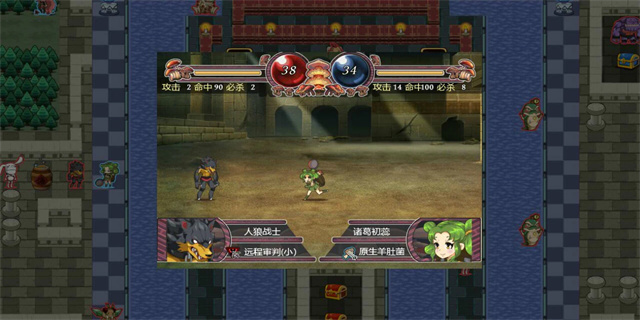lose control(When Control Slips Away)
When Control Slips Away
Introduction
Losing control is a universal experience that can leave individuals feeling disoriented and vulnerable. Whether it occurs in the realm of emotions, life circumstances, or personal choices, losing control can have a profound impact on individuals' well-being and sense of stability. In this article, we will explore the various aspects of losing control and how it affects people's lives.
The Emotional Rollercoaster

One of the most common ways that individuals lose control is through their emotions. Everyone has had moments when their emotions seem to spiral out of control, regardless of their efforts to rein them in. Whether it's overwhelming feelings of anger, sadness, or anxiety, these emotions can leave individuals feeling helpless and unable to regain their equilibrium.
When emotions run rampant, they can impact not only an individual's mental state but also their physical health. Chronic stress caused by a continuous loss of emotional control can lead to various health problems such as high blood pressure, weakened immune systems, and even heart disease. Therefore, it is crucial for individuals to find healthy outlets for their emotions, whether it's through therapy, meditation, or engaging in creative outlets.

Life's Unexpected Turns

Another aspect of losing control revolves around life circumstances that are beyond an individual's influence. Experiencing unexpected events such as the death of a loved one, a natural disaster, or sudden job loss can leave individuals feeling powerless and unsure of how to proceed. These unforeseen circumstances can disrupt the sense of stability individuals had in their lives and force them to confront the fragility of their existence.
Coping with the loss of control in life circumstances can be a daunting task. It is essential to acknowledge and accept the unpredictable nature of life while finding ways to regain a sense of stability and control. This may involve seeking support from friends and family, joining support groups, or seeking professional help to navigate the emotional upheaval and develop coping mechanisms.
The Dilemma of Personal Choices
Lastly, losing control can stem from personal choices that have unintended consequences. Sometimes, individuals make choices without fully considering the potential outcomes or impact they might have on their lives and those around them. These choices can range from minor decisions like procrastinating on important tasks to significant choices like pursuing harmful habits or failing to prioritize personal well-being.
Regaining control in the realm of personal choices might require self-reflection, a willingness to learn from mistakes, and taking proactive steps towards positive change. It may involve setting clear goals, seeking guidance from mentors or professionals, and practicing self-discipline and accountability. Although it can be challenging to break free from destructive patterns, taking back control of personal choices is an empowering and transformational journey.
Conclusion
Losing control is an inevitable part of life that affects people in various aspects of their existence. Whether through emotions, unexpected life events, or personal choices, losing control can have a profound impact on individuals' well-being and overall sense of stability. However, it is important to remember that the loss of control does not equate to helplessness.
By recognizing the areas where control is slipping away and actively seeking ways to regain it, individuals can navigate through the challenges and emerge stronger. Whether through therapy, support systems, or personal growth, regaining control is a journey that can lead to personal empowerment and a renewed sense of self.
When Control Slips AwayIntroduction Losing control is a univ
2024-07-22


















